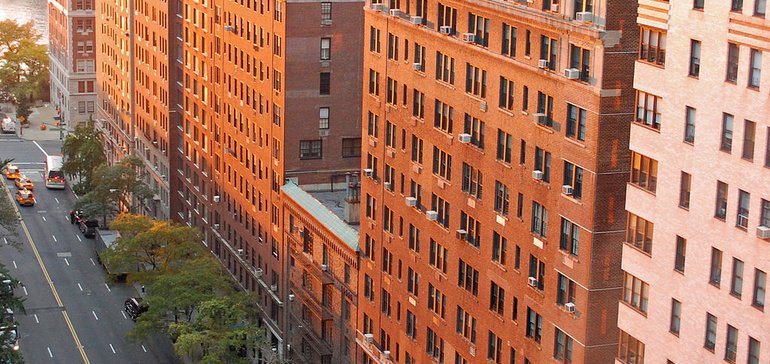
The Advantages and Disadvantages of Different Types of Building Materials
- Category: Residential
- Date: 20-01-2023
Building materials are the foundation of any construction project. The choice of building materials can have a significant impact on the durability, sustainability, and overall cost of the project. There are various types of building materials available, each with its advantages and disadvantages. In this article, we will explore the pros and cons of some of the most common building materials.
1. Concrete
Concrete is a popular building material due to its durability and strength. It can be molded into various shapes and sizes, making it ideal for various construction projects. However, it is not a sustainable material as it requires significant amounts of energy to produce, and its production generates high levels of carbon dioxide emissions.
Advantages:
⦁ Durable and long-lasting
⦁ Resistant to fire, water, and wind
⦁ Low maintenance
Disadvantages:
⦁ High carbon footprint
⦁ Not sustainable
⦁ Prone to cracking in extreme temperatures
Brick
2. Brick is a traditional building material that has been used for centuries. It is made from natural materials, such as clay or shale, and is known for its durability and aesthetic appeal. However, it is a labor-intensive material and can be costly to produce.
Advantages:
⦁ Durable and long-lasting
⦁ Resistant to fire and wind
⦁ Low maintenance
Disadvantages:
⦁ Expensive
⦁ Not sustainable
⦁ Heavy and requires significant labor to install
3. Wood
Wood is a versatile building material that is commonly used in residential construction. It is a sustainable material that is readily available and easy to work with. However, it is susceptible to damage from moisture and insects and may require regular maintenance.
Advantages:
⦁ Sustainable and renewable
⦁ Lightweight and easy to work with
⦁ Good insulation properties
Disadvantages:
⦁ Susceptible to damage from moisture and insects
⦁ May require regular maintenance
⦁ Not as durable as other building materials
4. Steel
Steel is a strong and durable building material that is commonly used in commercial construction. It is resistant to fire, water, and wind and has a long lifespan. However, it can be expensive and may require specialized labor to install.
Advantages:
⦁ Strong and durable
⦁ Resistant to fire, water, and wind
⦁ Low maintenance
Disadvantages:
⦁ Expensive
⦁ Heavy and requires specialized labor to install
⦁ Prone to corrosion if not properly maintained
Conclusion
Choosing the right building material is essential for ensuring the durability, sustainability, and overall cost of a construction project. Each material has its advantages and disadvantages, and the choice should be based on factors such as the project's budget, location, and intended use. By considering these factors and consulting with experts, builders can make informed decisions about the best building materials for their projects.
